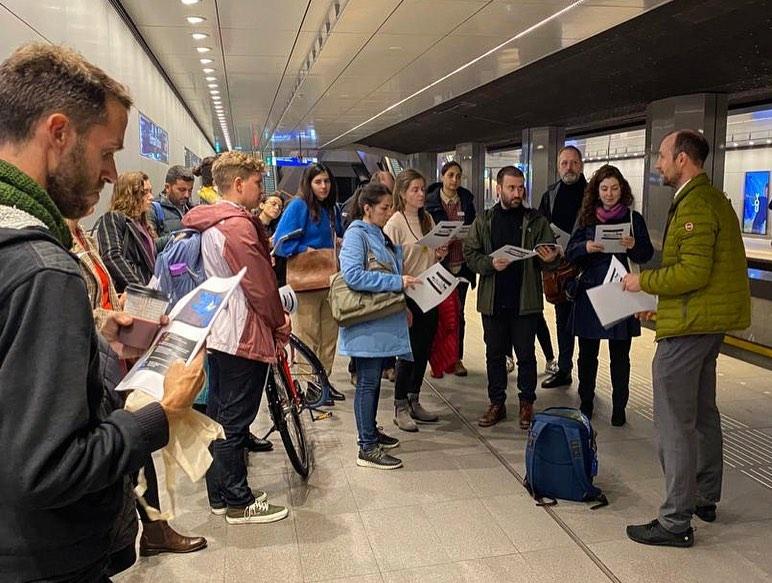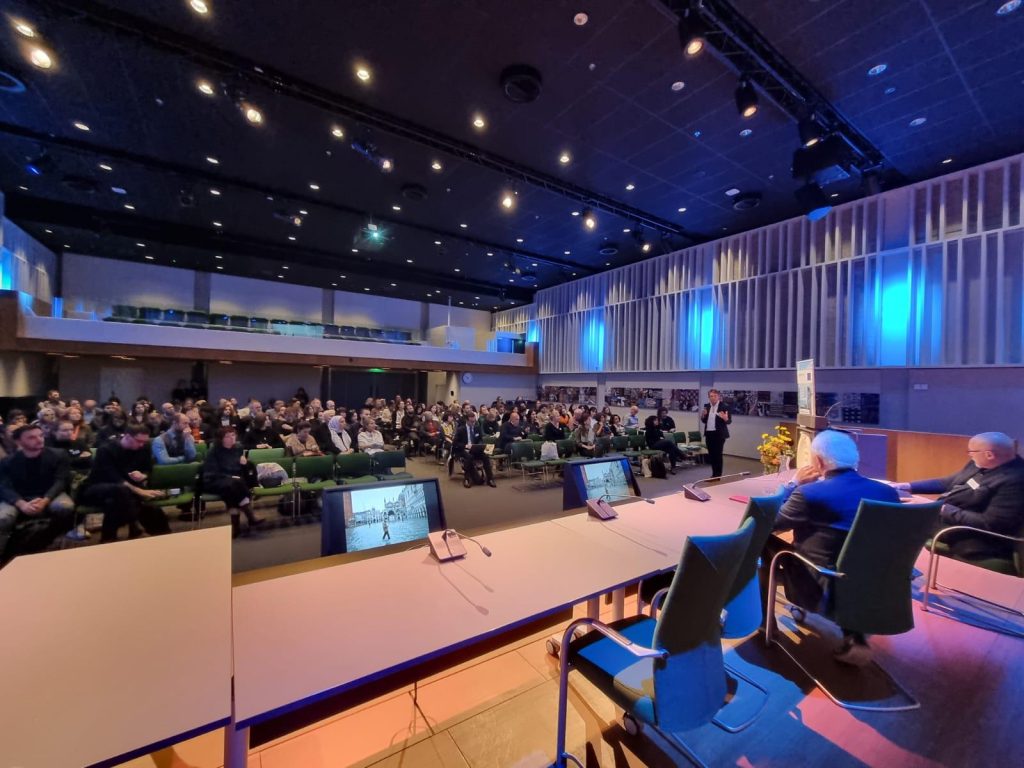
Heriland is very proud to present the outcome of the International Conference on Cultural Heritage and Spatial Planning, held at the Vrije Universiteit (VU) Amsterdam on 13-14 October 2022. This event hosted over 200 participants. The conference format allowed an active engagement between the presenters and the audience, cultivating ideas and approaches from professionals of all backgrounds.
The conference’s main objective was to share the findings of the Heriland project with an international audience of academic and societal partners, including EU officials, UNESCO chairs, policymakers and businesses. A second aim was to set an international agenda for training, research, and policy in the heritage and spatial planning field. The programme consisted of high-profile keynotes, training sessions, interactive workshops, networking and job-matching sessions and a public debate.
Summary and Highlights
Welcoming speeches and keynotes
The conference was opened with a welcome by Gert Jan Burgers, the coordinator of Heriland Project, who introduced the background and aims of the project and of the conference in particular. Next, VU rector magnificus Jeroen Geurts highlighted the importance of interdisciplinary research and training in a transnational context, which is at the heart of both Heriland and the VU. The welcome address was concluded by Henk Baas, head of the Landscape Department of the Dutch Heritage Board (RCE), who expressed his strong support for the project as a representative of an organisation that acts as a hub in a triangle between academic research, policy and practice.
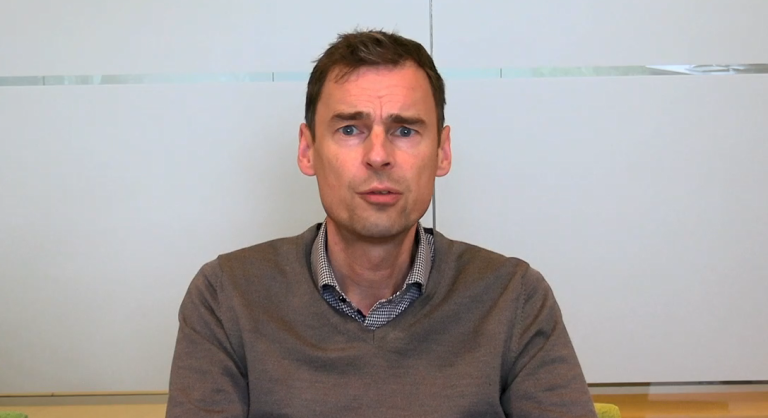
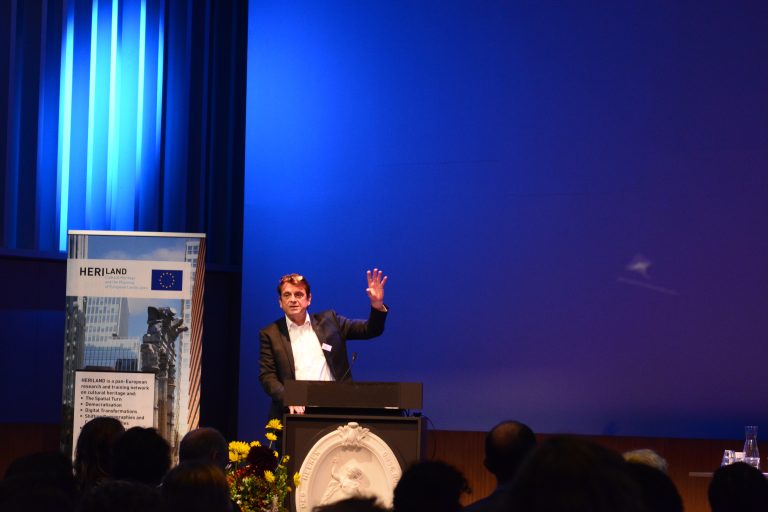
Keynotes
On the first day of the Conference, two keynote speeches were presented. Francesco Bandarin, a well-known Italian architect and urbanist, and former director of the UNESCO World Heritage Centre, spoke about Urban Heritage: a test for conservation (find the full keynote speech here). Rodney Harrison, professor of Heritage Studies at the UCL Institute of Archaeology, challenged the audience with a lecture on Reimagining heritage for climate action (find the full keynote speech here).
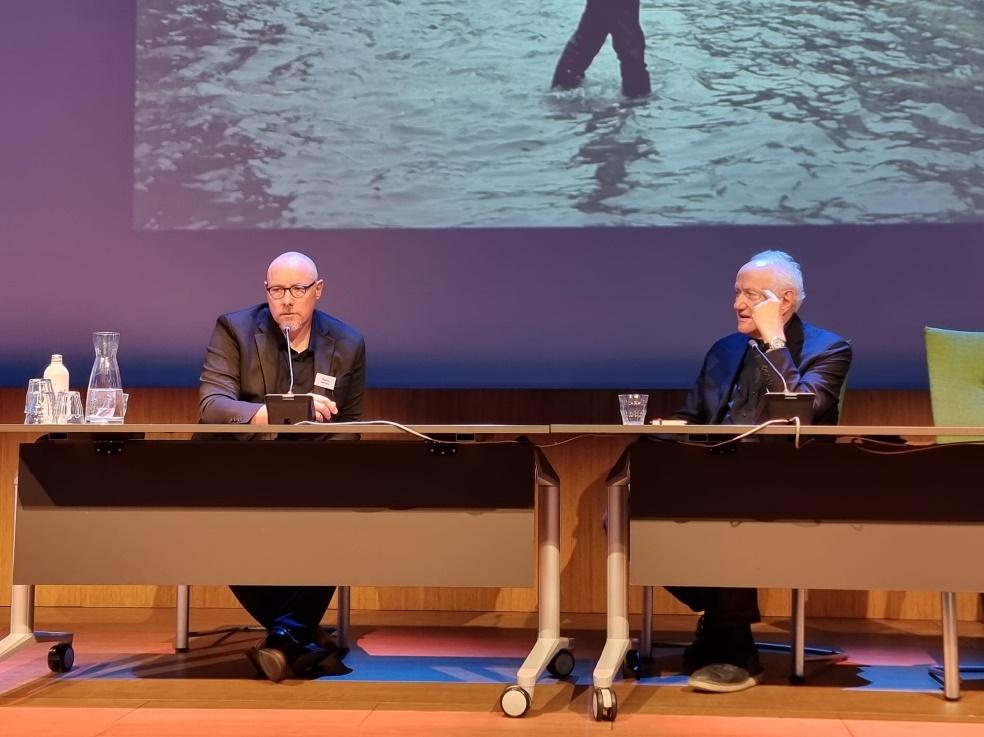
On Friday, Antonio Matarrelli, president of the Italian province of Brindisi, introduced the important work of Heriland in his province, which is one of the Heriland case study laboratories or living labs (find the link to the presentation here). His presentation was followed by a keynote of Kalliopi Fouseki, professor in Sustainable Heritage Management at UCL Institute for Sustainable Heritage. Her lecture was about Curating Urban Transformation through Heritage and Creative Participation (find the full keynote speech here). The final keynote lecture was by Henk Scholten, emeritus professor in Spatial Informatics at the School of Business and Economics of VU Amsterdam. He spoke about spatial digital sciences, explaining in particular how heritage professionals can use the concept of the Digital Twin (find the full keynote speech here).
Workshops
On the first day of the Conference, four parallel workshops took place, dedicated to the main themes of the Heriland project, i.e. on ‘Heritage and the Spatial Turn’, ‘Heritage and Democratisation’ , ‘Heritage, Shifting Demographies and Contested Identities’, and ‘Heritage and Changing Environments’. The workshops were moderated by the Heriland PhD researchers and their societal partners. They aimed to compare research strategies and tools current in the field, with the aim of identifying the societal impact, strengths and weaknesses, concentrating. Each workshop had a plenary session as well as smaller group sessions. Participants were facilitated in sharing their strategies, tools, experiences and ideas for the future.
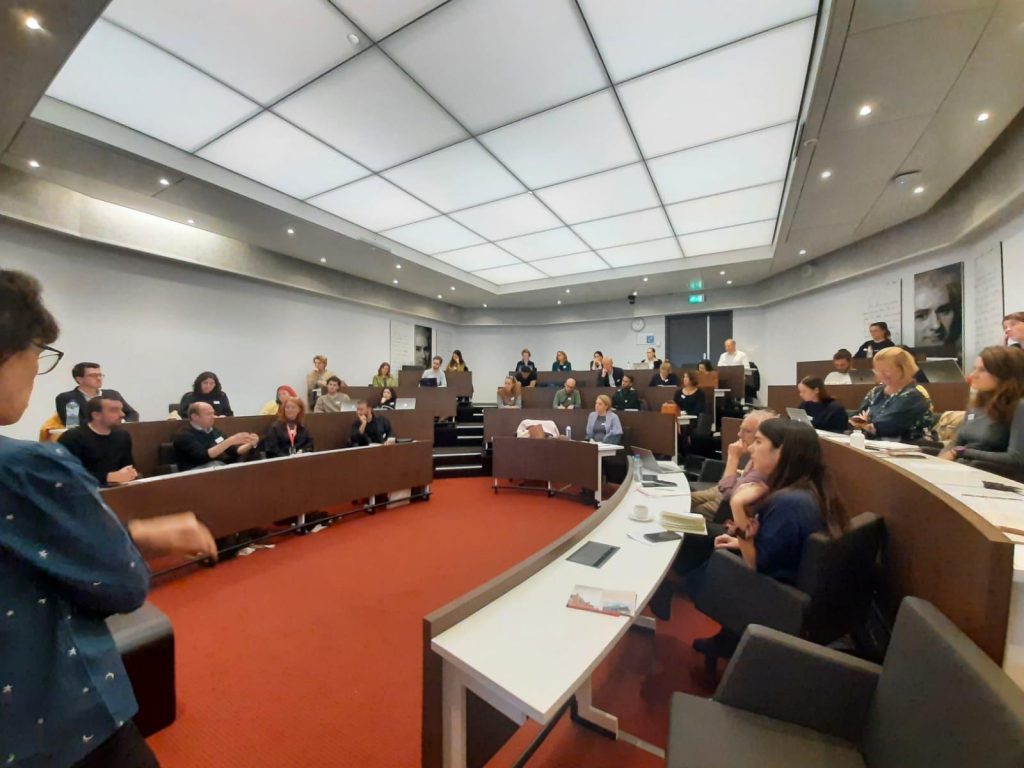
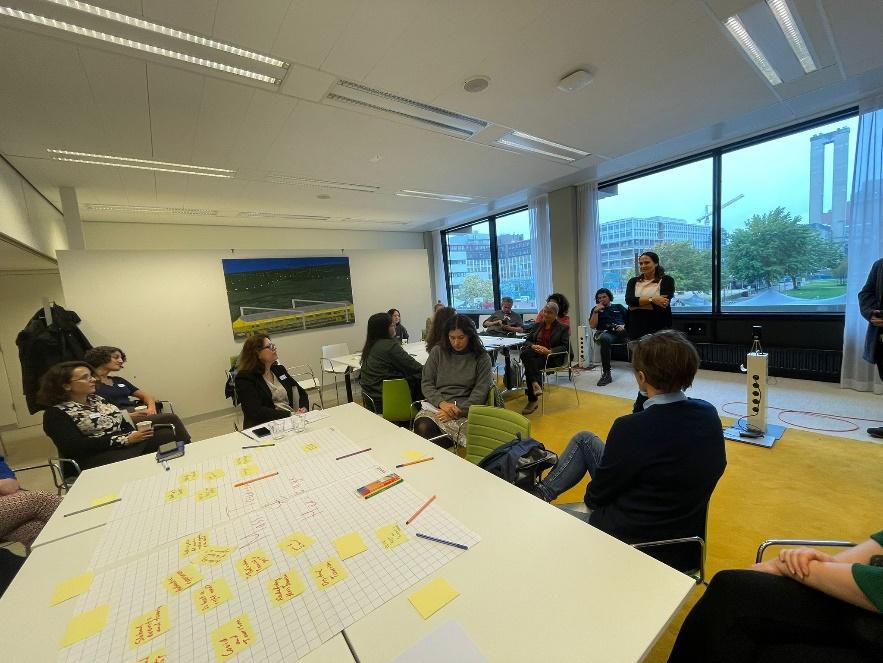
Networking Session
After the workshops, a two-hour networking session took place, allowing the conference participants and professionals in the field to meet and engage with one another and build connections. During the event the Heriland Early-Stage Researchers and invited heritage organisations presented posters, sharing information on challenges and experiences in the heritage field and exchanging perspectives and ideas.
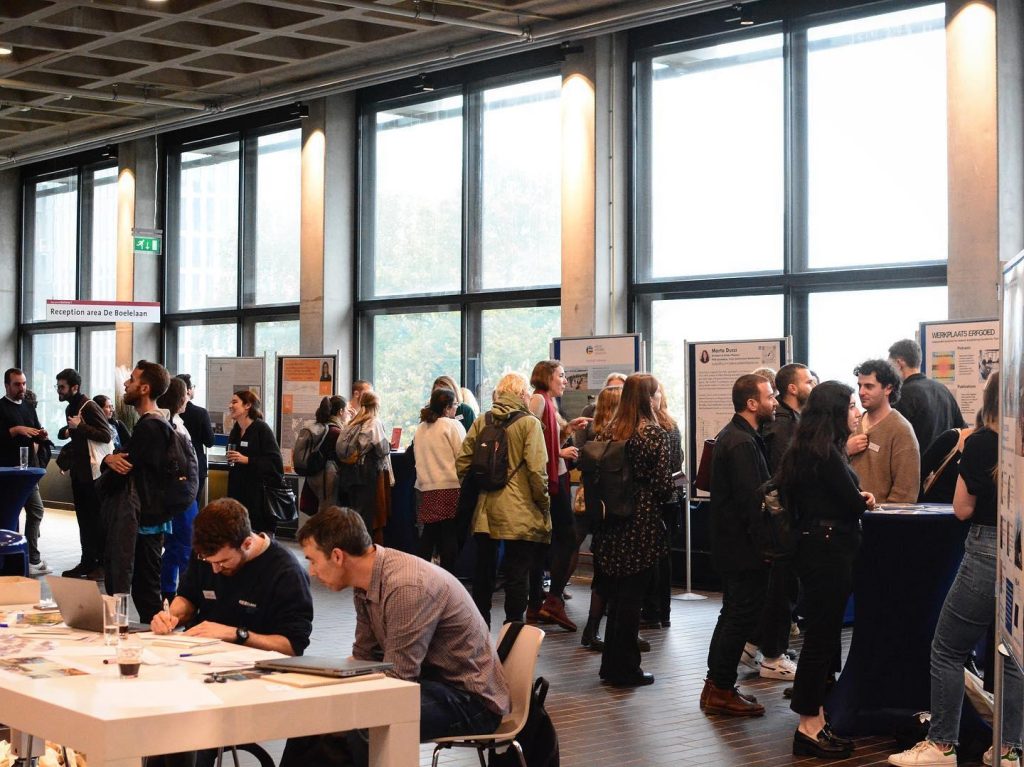
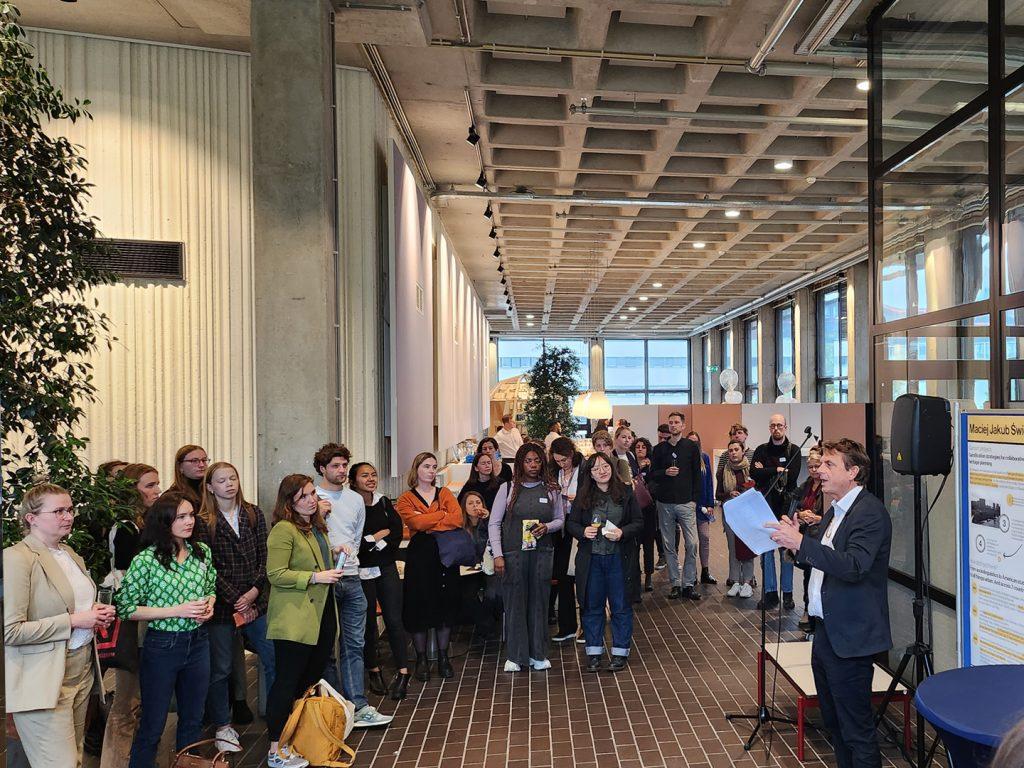
Agenda Setting
On the last day of the Conference, three parallel sessions were held on agenda setting for heritage planning, dedicated to training, research, and policy, respectively. These round tables aimed to enhance the impact of Heriland by exchanging ideas about future agendas with those of peers in academia, society and funding agencies. Thus a common agenda was established on: (i) how the university and post-academic training should be organised so as to build a new generation of heritage planners according to Heriland lines? (ii) what lacunae, in our knowledge, still need thorough investigation, and along which lines? (iii) how can/should local, national and European policies be adapted to conform to the latest standards in heritage planning? Heriland senior scholars moderated the round table discussions; Linde Egberts, Ola Wetterberg and Graham Fairclough summarised the discussions during the closing debates (the link to the closing debates can be found here).
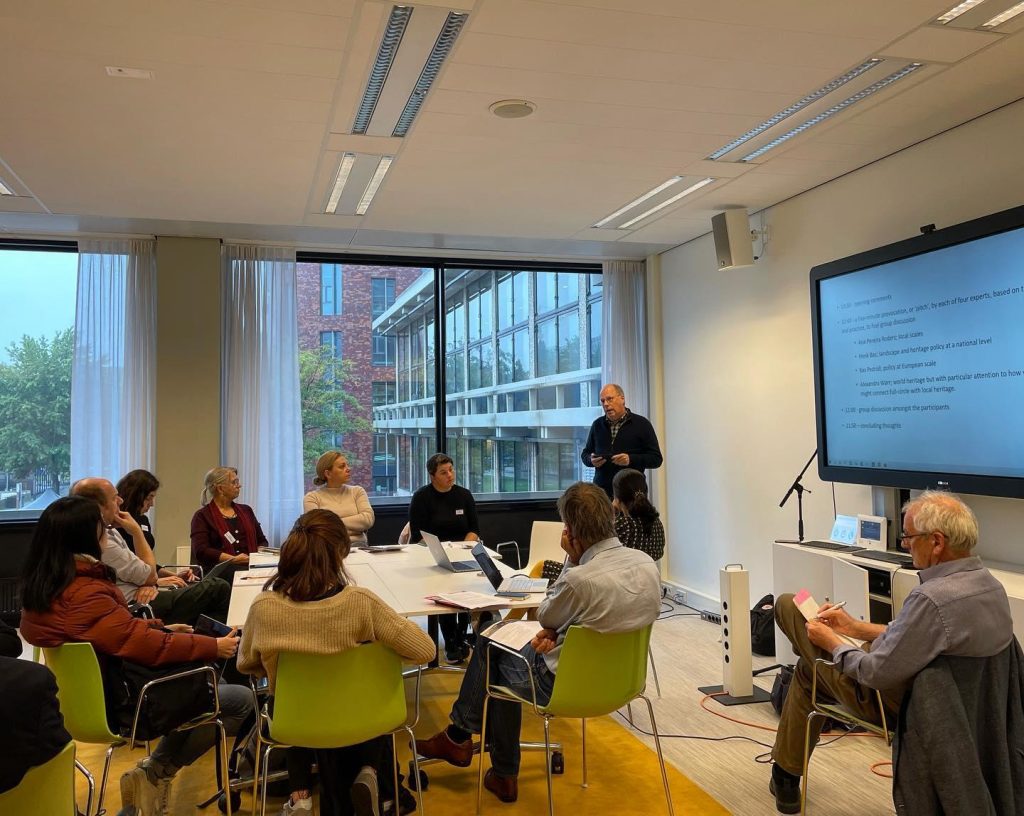
Excursion to Heritage Planning Sites in Amsterdam
The conference was closed with a series of excursions to heritage planning sites in Amsterdam, guided by Heriland senior and junior scholars and VU Amsterdam researchers. It was an excellent opportunity to learn about heritage planning practices in the Netherlands and, in the process, once more a chance to socialise and network with other conference participants.
